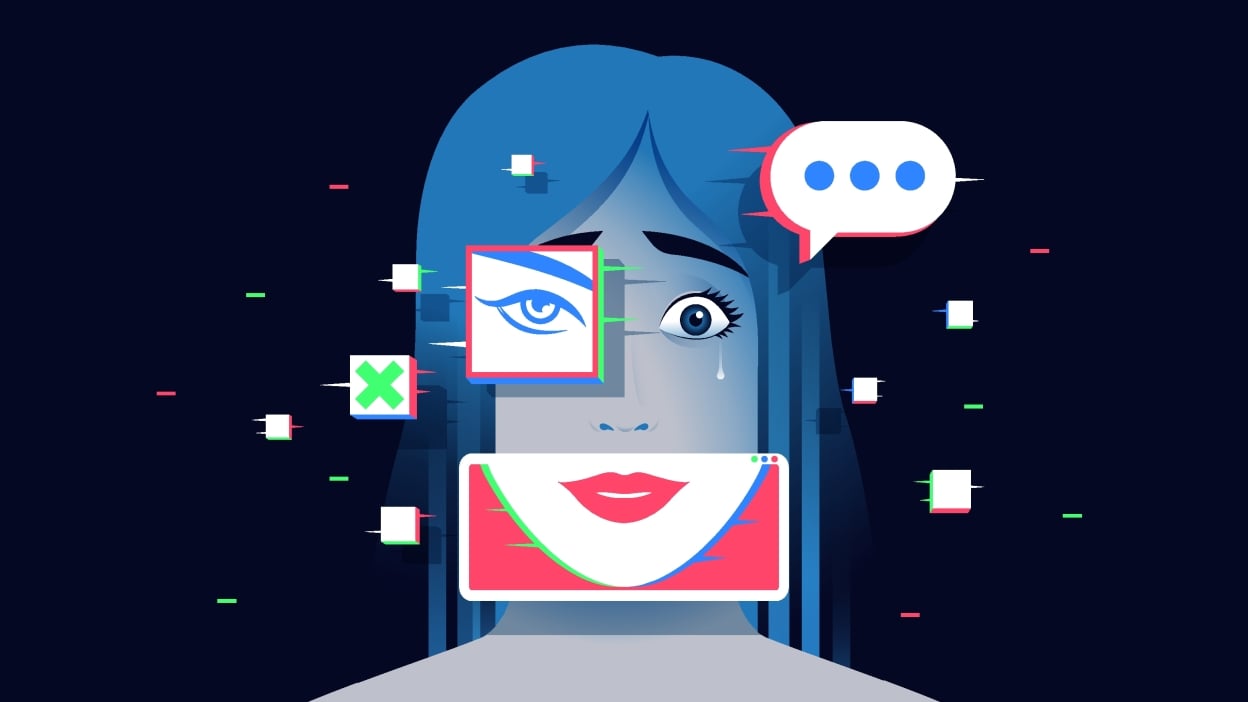
A service providing “spicy AI chatting” has revealed almost two million images and videos, primarily featuring private individuals, to the public, as indicated by 404 Media. Secret Desires, an erotic chatbot and AI image creator, has left cloud storage unprotected that held photos, women’s names, and personal details such as job places and universities, according to 404 Media. This “major leak” represents the most recent case of generative AI technologies being misused to fabricate nonconsensual explicit deepfakes from innocent photographs.
Certain images and videos were collected from actual influencers, public figures, and lesser-known women, including Snapchat captures and at least one yearbook image. The uncovered media also comprised user-created AI images, including those from a discontinued “faceswap” feature that Secret Desires removed earlier this year.
In a manner similar to Character.AI or Replika, Secret Desires enables users to generate AI avatars and interact with them. While pornographic material is prohibited on Character.AI (and permitted only for select Replika users), Secret Desires advertises “limitless intimacy and connection” in its Quick Start Guide.
404 Media discovered that the AI-generated content within the compromised storage was predominantly explicit, with several file names containing phrases like “17-year-old.” The firm did not reply to 404 Media’s inquiry for a statement, but access to the files was restricted around an hour after the publication’s attempt to reach them.
For many years, women and girls have been targets of explicit deepfakes, which are AI-produced material. Numerous deepfakes involve women’s images “faceswapped” onto pornographic videos, impacting both stars like Taylor Swift and non-celebrities. This also applies to young girls, resulting in online child sexual abuse content.
This year, Congress enacted the Take It Down Act to address deepfake images. The legislation has sparked controversy, as various free speech and advocacy organizations claim it could be misused against consensual explicit content or political expression.